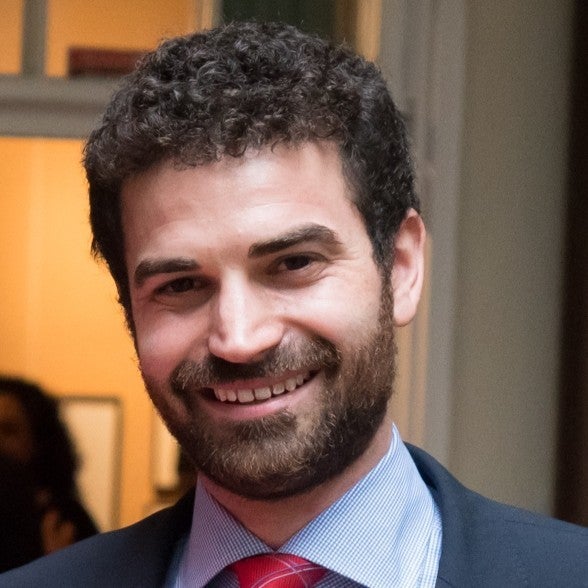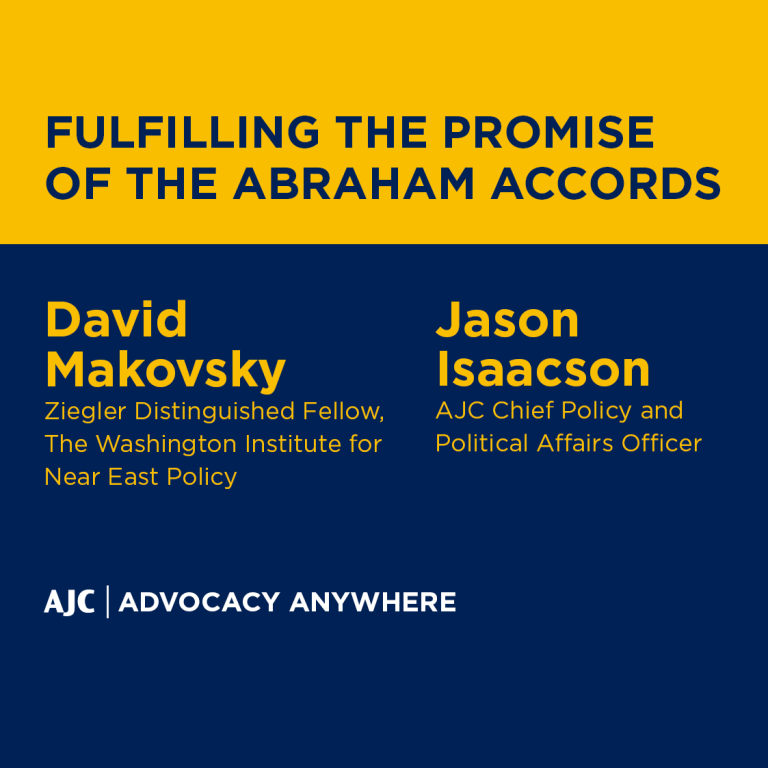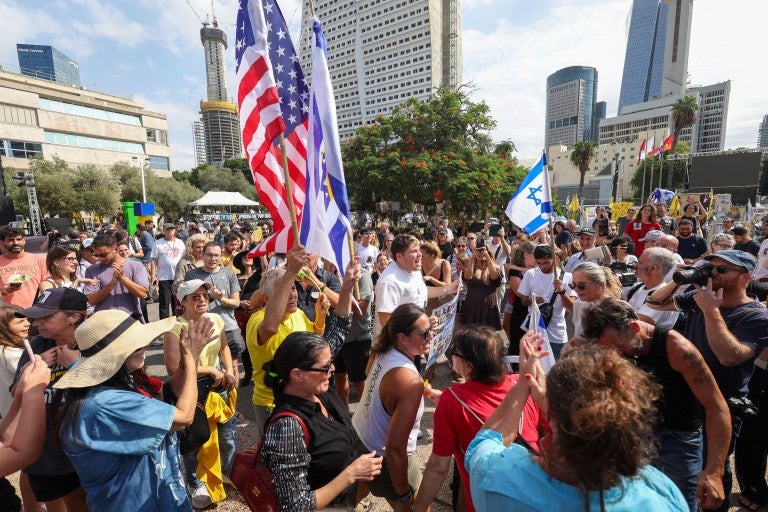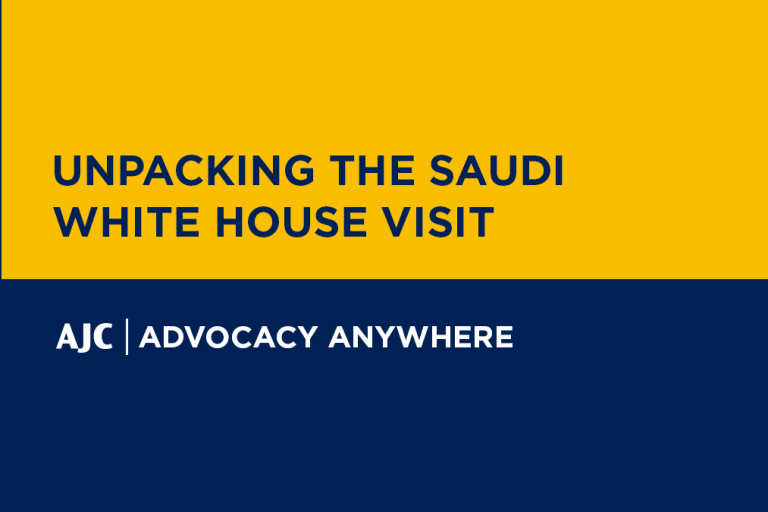May 14, 2025
This piece originally appeared in The Algemeiner.
At an Israeli Independence Day reception in Washington, Special Envoy to the Middle East Steve Witkoff declared, “On behalf of President Trump, I pledge that we will work tirelessly this year so that next year’s Independence Day is not just a wish for happiness, but a reality of peace, prosperity and for Israel, unity.”
Witkoff’s suggestion of the “reality of peace” came on the eve of the President’s visit to Saudi Arabia, Qatar, and the UAE — the first official foreign trip of his second term.
It came during a time of intense conflict in the Middle East. Just last week, Israel’s security cabinet voted to significantly broaden the military offensive against Hamas in Gaza, the Houthis struck Israel near Ben Gurion Airport, and Israel retaliated, striking key economic and military assets of the terror organization in Yemen. At the same time, the threat of a nuclear Iran becomes more likely with each passing day.
With the horrors of October 7, 2023, continuing to plague Israel and the Arab world, amidst the heartbreak of loved ones lost, and as we await an agreement that will finally bring the remaining hostages home, we must also look towards the future. There are two very different paths before us. One is to continue down the road of perpetual conflict, endless wars, and missed opportunities. The other is to acknowledge that violence and hate cannot and will not lead to a future of peace or prosperity — that force without a political horizon only gets you so far.
Building on the successes and stability of the Abraham Accords, President Trump has a rare opportunity to alter the reality in the Middle East by breathing new life into Israeli-Arab integration efforts. Nearly 600 days since the atrocities of October 7, expanded normalization between Israel and other Arab states, including Saudi Arabia, may be more difficult than it was during talks two or three years ago, but it is still within reach.
The reasons for this are simple. The Middle East and North Africa, with the second youngest population on the planet, is the least economically integrated region in the world, one of the most water-poor, and one of the fastest-warming regions due to climate change. The notion that any one country can successfully confront these challenges alone is a fantasy.
Overcoming the challenges that have emerged post-October 7 is much less straightforward.
For Israel, the heart of the Arab-Israeli conflict remains acceptance and the right to live peacefully in the only homeland of the Jewish people. For Israelis, it is indefensible that the vast majority of the Arab world cannot utter the word Hamas or publicly condemn the October 7 massacre. Israelis do not understand how Egypt, in the fifth decade of its historic peace treaty with Israel, can release a 106-page document about the day-after in Gaza, a plan then endorsed by the Arab League and the Organization of Islamic Cooperation, and not mention Hamas. After 19 months, this selective silence has led many across Israel to feel they have no one to turn to as a partner for peace.
But potential partners do exist and have stepped forward.
In June 2020, UAE Ambassador Yousef Al Otaiba published an op-ed directly addressing the Israeli public. He warned about the dangers of annexation and extended his hand in peace. The article is credited with being one of the drivers of the US-brokered Abraham Accords.
While it may be more difficult for Arab leaders to address the Israeli public today, President Trump could help create a space in which key voices in the Arab world make clear that Hamas has no future and that all Israeli hostages must be released; that Israel is part of — and a contributor to — the region; that Jews are indigenous to their land; and that Israelis have a right to live in peace and security. Arab leaders could also publicly acknowledge the limitations of Palestinian governance and commit to supporting significant institutional reform and acceptance of their Jewish neighbors.
In the same breath, Arab leaders can also make clear that for this future to be secured, the legitimate rights of the Palestinian people must be addressed. The Israelis could commit to a pathway to self-governance, with necessary security conditions. And while this will not yield statehood tomorrow, the Arab world can help promote new opportunities — political, economic, and civic — for Israelis and Palestinians to work and build trust with one another, while also building recognition of the need to share the sliver of land between the Jordan River and Mediterranean Sea.
President Trump fostering new diplomatic and social engagement will also allow him to pick up where his first administration left off, bringing new life to the economic possibilities of a more interconnected region — which could create four million new jobs and more than $1 trillion in new economic activity over a decade, according to a 2021 Rand study. Equally important, renewing the process of regional integration will move the area toward becoming a necessary bulwark against — instead of a seething generator of — hate and extremism.
President Trump is making this visit at a time that requires Israelis and Arabs to be more interdependent in ways not previously imaginable. So while the challenges in the Middle East are clear, so too are the unprecedented opportunities. President Trump has a rare opportunity to once again make history in this too-long-troubled region.






